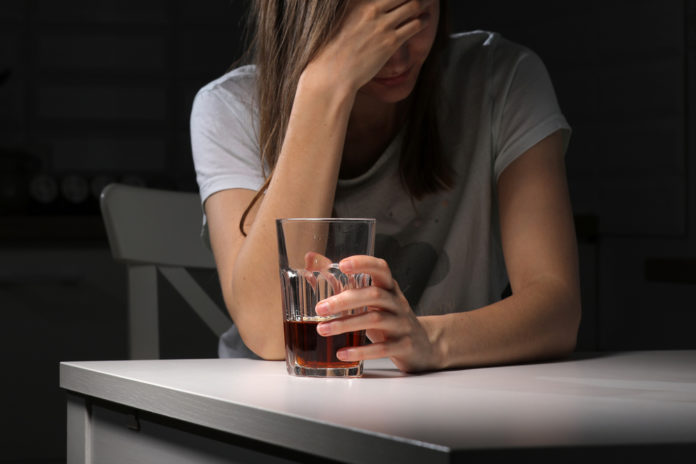Controlling addiction and depression can be difficult, especially if they coexist. Both conditions can be cured. People with dual illness may feel empowered and more involved in their recovery if they are informed about the symptoms, risk factors and treatments available.
What is depression?
Depression can be caused by a number of factors. A range of genetic and environmental factors, as well as psychological and biological ones, are linked to its onset. Some risk factors are adverse or traumatic experiences in childhood, a history of depression in the family, chronic medical conditions or stressful life circumstances.
Everyone experiences grief at times. Major depression or clinical depression is a diagnosable disorder characterized by a persistently depressed mood throughout the day, for at least 2 weeks.
What is Addiction?
Use of recreational drugs in social situations may trigger substance abuse. Some people increase their social drug use. Some people, especially opioid addicts, become addicted to drugs after they are prescribed pharmaceuticals. Others develop an addiction after being exposed to prescription medications or after receiving the drugs from friends or relatives who have a prescription. Many people believe that prescription medications cannot lead to addiction. This is not true.
The probability of addiction, and the rate that you become dependent on a drug vary. Opioids have a higher addiction rate and are more dangerous than other drugs.
You may need more substance as time goes on to feel euphoria. It is possible to quickly become dependent on the drug in order to feel good. You may find it harder to quit as your drug usage increases. Drug withdrawal symptoms include physical sickness and strong desires.
Several factors can lead to addiction.
* Members of the family with a drug abuse history
There’s a lot to stress about
* Inability to cope with stress in a healthy manner
* Financial hardship/poverty
* Aggression that started in childhood
Lack of parental supervision and involvement during childhood
* Peer pressure
* Genetics
* Depressive disorders, and other mental conditions
Sometimes, a loved ones addiction is not noticed by the family for some time. This can be due to a number of reasons. Some addicts can hide their addiction for a variety of reasons.
Depression Related to Addiction
The symptoms of withdrawal from alcohol and drugs can overlap or be similar with the symptoms experienced during episodes of depression.
It is possible for agitation or anxiety to occur during alcohol withdrawal. Many people experience mood swings and insomnia after a withdrawal period. They may also feel irritable, angry, or resentful.
The withdrawal symptoms from stimulants can last several weeks. They include a depressed mood, and loss of enjoyment. A person who is intoxicated by stimulants may crash and experience extreme fatigue and strong urges.
The withdrawal symptoms from opioids, such as heroin or prescription painkillers can be very painful and agitating. Sleep problems, anxiety and intense cravings can be caused by opioid withdrawal.
A professional addiction specialist should assess people who have addiction and depression to provide a full diagnosis and treatment. The symptoms of mental disorders can be exacerbated by using and stopping these substances.
https://www.addictioncenter.com/addiction/depression-and-addiction/
https://nida.nih.gov/publications/research-reports/common-comorbidities-substance-use-disorders/why-there-comorbidity-between-substance-use-disorders-mental-illnesses
https://www.helpguide.org/harvard/how-addiction-hijacks-the-brain.htm



